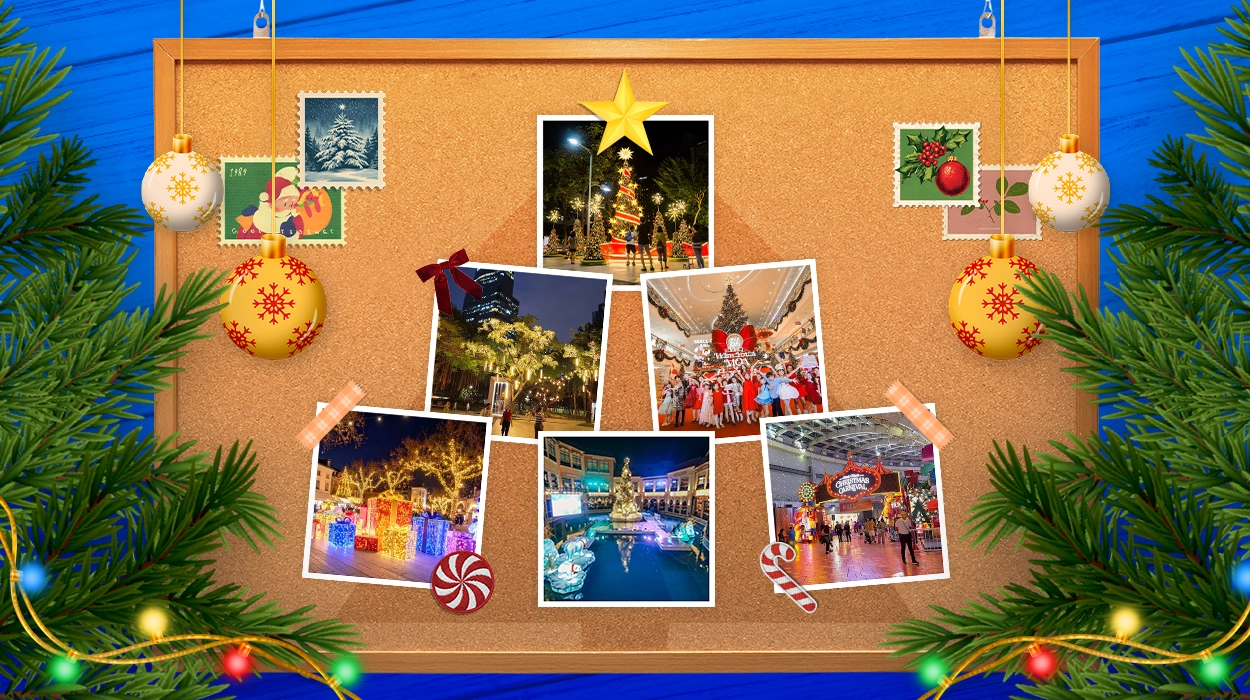You’ve probably heard it before: “Tell your brand’s story.” But between managing daily operations, customer service, and trying to hit quarterly targets, storytelling can feel like a nice-to-have rather than a must-have. Here’s the thing though, brand storytelling isn’t just marketing fluff. It’s a fundamental business strategy that can transform how customers perceive, remember, and connect with your brand.
If you’re still on the fence about whether your brand needs a compelling narrative, these five reasons might just change your mind.
Reasons for Brand Storytelling:
- Stories create lasting memory impact
- Emotional connections drive purchase decisions
- Your story becomes your competitive edge
- Authenticity builds trust
- Internal Teams Rally Around Compelling Narratives
Stories Create Lasting Memory Impact
When someone hears your brand’s story, they’re not just processing information, they’re also experiencing it. This means when customers are making purchasing decisions, they’re more likely to remember brands that shared compelling narratives rather than those that simply listed product features. May it be due to the inspiration that your brand story gives, or just mere honesty that they see from your brand. If you want customers to remember your brand when they’re ready to buy, give them a story worth remembering, not just a list of features.
Emotional Connections Drive Purchase Decisions
Here’s where storytelling gets interesting from a business perspective. Research from Sprout Social shows that 64% of consumers want brands to connect with them. Emotional connection isn’t just about warm feelings—it’s about revenue. When customers feel emotionally connected to a brand, they’re more likely to repurchase and recommend it to others. Brand stories create these connections by helping customers see themselves in your narrative. When someone reads about your brand’s journey and connects with their own experiences or beliefs, you’ve just created a potential customer for life. Emotional connections drive purchasing decisions, and stories are the fastest way to build those connections.
Your Story Becomes Your Competitive Edge
While competitors can copy features, pricing, or even visual branding, they cannot authentically replicate another brand’s unique story. Your story is uniquely yours—no other brand has the same journey, challenges, or perspective. Take Patagonia, for example. Their brand storytelling centers on environmental activism and sustainability, creating a community of like-minded individuals who share concerns about environmental protection. This authentic storytelling approach has built extraordinary customer loyalty and brand advocacy. In crowded markets, your authentic story becomes your most powerful differentiator.
Also read: Brand Storytelling 101: How to Create Compelling Key Messages
Authenticity Builds Trust
Authenticity is the cornerstone of effective brand storytelling. When brands share their challenges, setbacks, and human moments alongside their successes, they demonstrate vulnerability that builds credibility with customers. This approach fosters deeper connections than traditional advertising methods. Brands that share their struggles and learning experiences in a truthful manner create relatability that consumers can connect with. Authentic storytelling builds the trust that traditional advertising struggles to achieve.
Internal Teams Rally Around Compelling Narratives
A well-crafted brand story serves as a powerful tool for internal alignment, helping employees understand and believe in their organization’s mission. When your team understands and believes in your brand’s story, they become more effective brand ambassadors, delivering consistent experiences that reinforce your narrative across all touchpoints. Employees who feel connected to their company’s purpose are more motivated and engaged at work. Your brand story should inspire your team as much as it inspires your customers.
Also read: From Mundane to Memorable: Content Strategy Through Brand Storytelling
Ready to Start Your Brand’s Story?
Brand storytelling isn’t a luxury reserved for big companies with massive marketing budgets. Every business has a story worth telling—the key is finding yours and sharing it authentically. Whether you’re a startup building credibility or an established brand looking to shift perception, your story can help you build deeper connections, drive loyalty, and ultimately grow your business. The question isn’t whether you should tell your brand’s story. The question is: what story are you already telling, and is it the one you want people to remember?
Frequently Asked Questions
How do I find my brand’s story if I don’t think we have one?
Every business has a story—you just need to uncover it. Start by asking yourself why your company was founded, what challenges you’ve overcome, what values drive your decisions, and how you improve customers’ lives. Look at your origin story, your mission, and the impact you make. The key is finding the authentic elements that make your brand unique.
Where should I share my brand story?
Your brand story should be consistent across all touchpoints—your website’s About page, social media profiles, marketing materials, employee onboarding, and even customer service interactions. The story serves as a throughline that connects all brand communications, so it needs to be present wherever customers encounter your brand.
How do I measure if my storytelling is working?
Look for both quantitative and qualitative signals. Track engagement metrics like social media interactions, time spent on content, and website engagement rates. But also pay attention to unconventional indicators: inbound messages that reference your story, organic employee sharing, invitations to speak or collaborate, and shifts in how your brand is being discussed alongside competitors.
What if my industry seems too boring for storytelling?
No industry is too boring for storytelling. The most compelling brand stories often come from unexpected places. Focus on the human elements—the problems you solve, the people you help, the challenges you’ve overcome. Even B2B companies in technical industries can craft engaging narratives around innovation, customer success, or company culture.
How long should my brand story be?
Your brand story should be adaptable to different formats. You need a short elevator pitch version, a medium-length version for your website, and potentially longer formats for detailed case studies or founder interviews. The key is maintaining consistency in message and tone across all lengths.
Should I include failures and challenges in my brand story?
Yes, authenticity requires acknowledging struggles alongside successes. Sharing challenges, setbacks, and learning experiences creates relatability and demonstrates resilience. This vulnerability builds credibility with customers who can easily spot inauthentic, overly polished narratives.
Ready to develop a storytelling strategy that drives real business results? M2.0 Communications specializes in helping brands discover and share their authentic narratives across all channels. Let’s start a conversation about your story.



